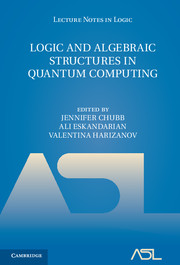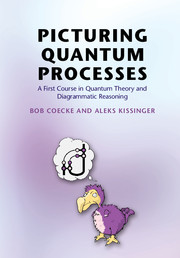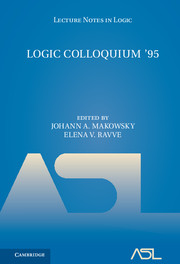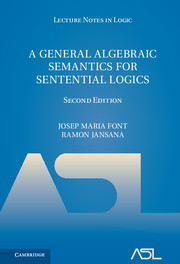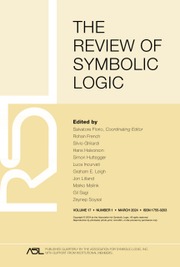Logic and Algebraic Structures in Quantum Computing
Arising from a special session held at the 2010 North American Annual Meeting of the Association for Symbolic Logic, this volume is an international cross-disciplinary collaboration with contributions from leading experts exploring connections across their respective fields. Themes range from philosophical examination of the foundations of physics and quantum logic, to exploitations of the methods and structures of operator theory, category theory, and knot theory in an effort to gain insight into the fundamental questions in quantum theory and logic. The book will appeal to researchers and students working in related fields, including logicians, mathematicians, computer scientists, and physicists. A brief introduction provides essential background on quantum mechanics and category theory, which, together with a thematic selection of articles, may also serve as the basic material for a graduate course or seminar.
- A valuable addition to the literature addressing fundamental issues that arise in highly active areas of research
- Explores the many ways in which logic and algebra inform quantum theory, and vice versa
- Introductory chapter provides essential background for non-specialists and graduate students
Product details
March 2016Hardback
9781107033399
356 pages
236 × 160 × 28 mm
0.71kg
130 b/w illus. 10 tables
Available
Table of Contents
- Preface Jennifer Chubb, Ali Eskandarian and Valentina Harizanov
- Introduction Jennifer Chubb, Ali Eskandarian and Valentina Harizanov
- 1. A (very) brief tour of quantum mechanics, computation, and category theory Jennifer Chubb and Valentina Harizanov
- 2. Could logic be empirical? The Putnam–Kripke debate Allen Stairs
- 3. The essence of quantum theory for computers William C. Parke
- 4. Fiber products of measures and quantum foundations Adam Brandenburger and H. Jerome Keisler
- 5. Operational theories and categorical quantum mechanics Samson Abramsky and Chris Heunen
- 6. Relating operator spaces via adjunctions Bart Jacobs and Jorik Mandemaker
- 7. Topos-based logic for quantum systems and bi-Heyting algebras Andreas Döring
- 8. The logic of quantum mechanics – take II Bob Coecke
- 9. Reasoning about meaning in natural language with compact closed categories and Frobenius algebras Dimitri Kartsaklis, Mehrnoosh Sadrzadeh, Stephen Pulman and Bob Coecke
- 10. Knot logic and topological quantum computing with Majorana fermions Louis H. Kauffman
- Index.

